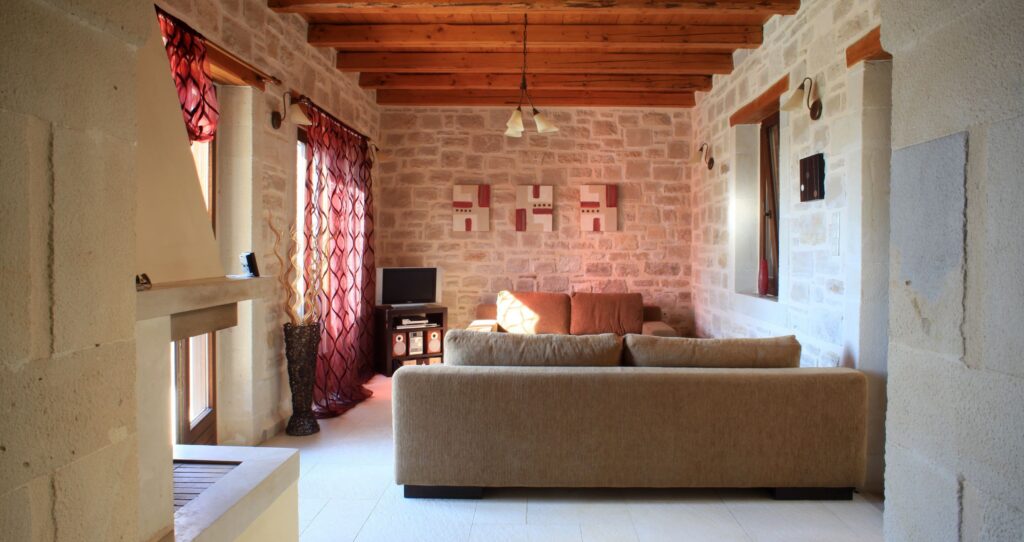
The end of furnished holiday lettings advantages
|
|
Landlords with Furnished Holiday Lettings (FHLs) currently enjoy favourable tax advantages compared to those letting residential property on longer-term lets. From 6 April 2025, though, this will end, and FHLs will be treated in the same way as residential lets. For a limited period, though, there will be transitional rules that allow FHL landlords to access some of the current FHL capital gains tax reliefs.
Let’s look at what’s changing…
Capital gains tax reliefs
FHL landlords currently have access to a range of capital gains tax reliefs available to traders, such as Business Asset Disposal Relief (BADR).
Under transitional rules, if the FHL business ceased prior to 6 April 2025 and the conditions for BADR were met, the relief will continue to apply within the normal three-year period following the business’s cessation. This reduces the rate of tax on the gain to 10% as opposed to 24%, saving £1,400 for every £10,000 of gain.
📢❕If you’re an unincorporated landlord and you’re planning to close your FHL business, you may want to consider doing so before 6 April 2025 – particularly if your property is likely to incur a substantial gain.
Interest and finance costs
Loan interest and finance costs will no longer be given full relief. From 6 April 2025, interest and finance costs relief will be given as a basic rate tax reduction. However, corporate FHL landlords will still be able to deduct interest and finance costs in full.
Losses
From 6 April 2025, an unincorporated landlord with both holiday lets and residential lets, will be treated as a single property business (currently they are regarded as two separate businesses). The profits and losses from all properties will therefore be combined to arrive at the profit or loss from the letting business.
If a landlord has any unused losses from an FHL business at 5 April 2025, this can be carried forward and offset against the future profits of the combined property business going forward.
Furnishings and fixtures
Landlords with FHLs can currently claim capital allowances on furnishings and fixtures. From 6 April 2025, no relief will be available for new domestic items. Instead, relief will be available on a like-for-like basis when these are replaced under the rules for replacement of domestic items.
Some good news!
The removal of the FHL rules from 6 April 2025 will provide greater flexibility as to how the property is let. For example, a landlord could let a property as a holiday let over the summer and on a longer-term let over the winter without worrying about falling foul of the FHL rules. This may lead to an increase in rental income.
📢❕The information in this blog post was correct at the time of writing. Please check with your accountant for the latest information or, if you don’t have an accountant, join the Financial Resilience Hub to get access to one of ours! Alternatively, keep an eye on HMRC’s website for updates.
See also…
Furnished holiday lettings tax regime abolition
ABOUT THE AUTHOR

Helen Monaghan is a Chartered Management Accountant, accredited NLP Practitioner & Finance Coach. Both a psychology graduate and an accountancy graduate, she has authored three business books, which beautifully bring together psychology, finance, and tax to empower the reader about money. Helen is the CEO of HM Finance Coaching & Advisory Ltd, a company that provides financial education and business mindset coaching to small businesses across the UK, in addition to accountancy services for limited companies in Scotland and across the UK. Helen is also the founder of The Financial Resilience Hub – find out how we can support you, and your business, to be financially resilient through our monthly membership.
© Helen Monaghan

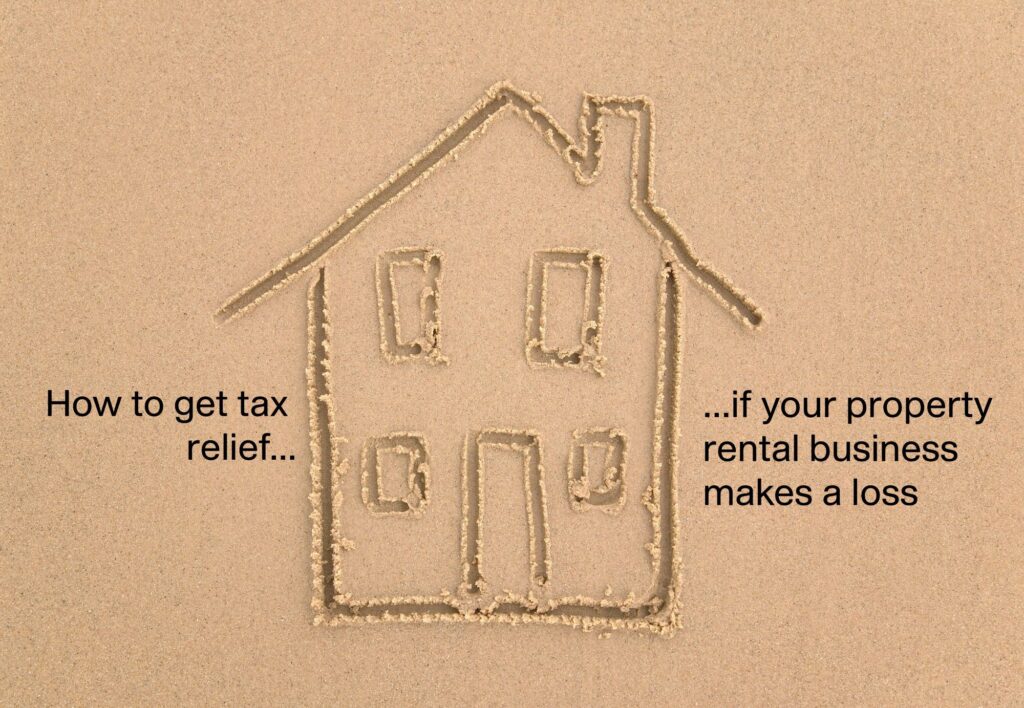
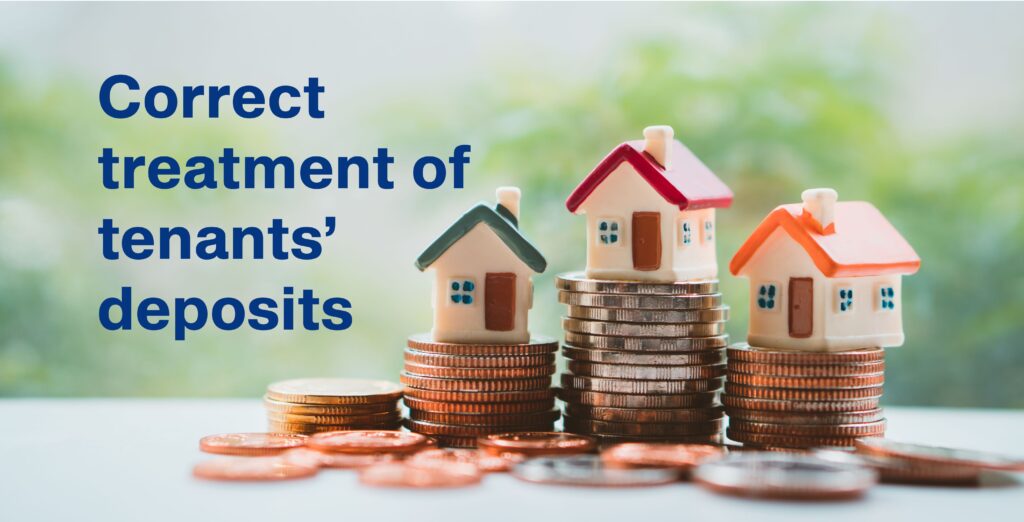
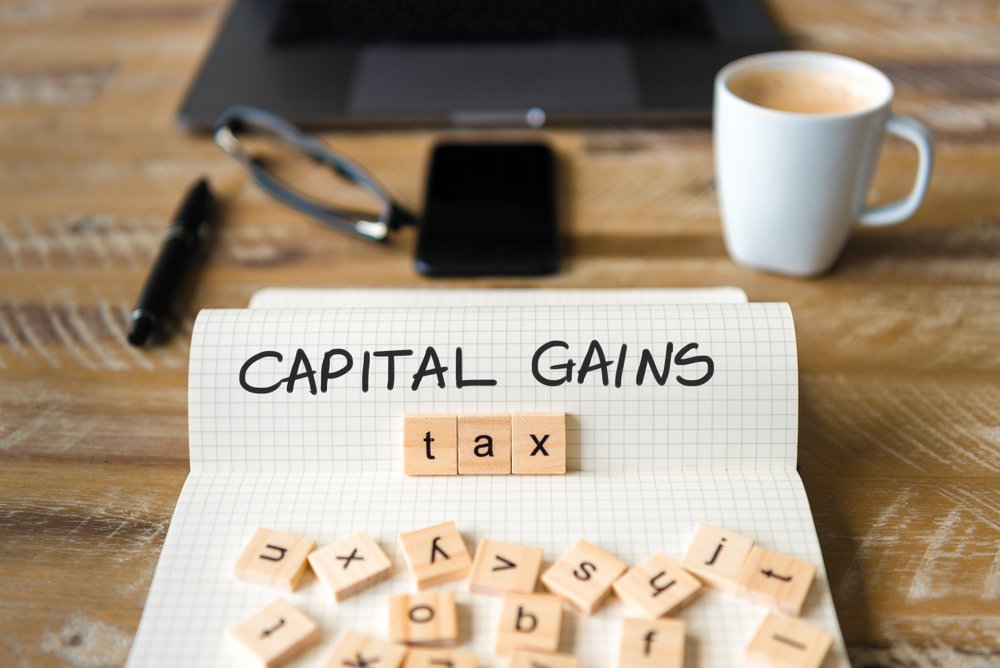
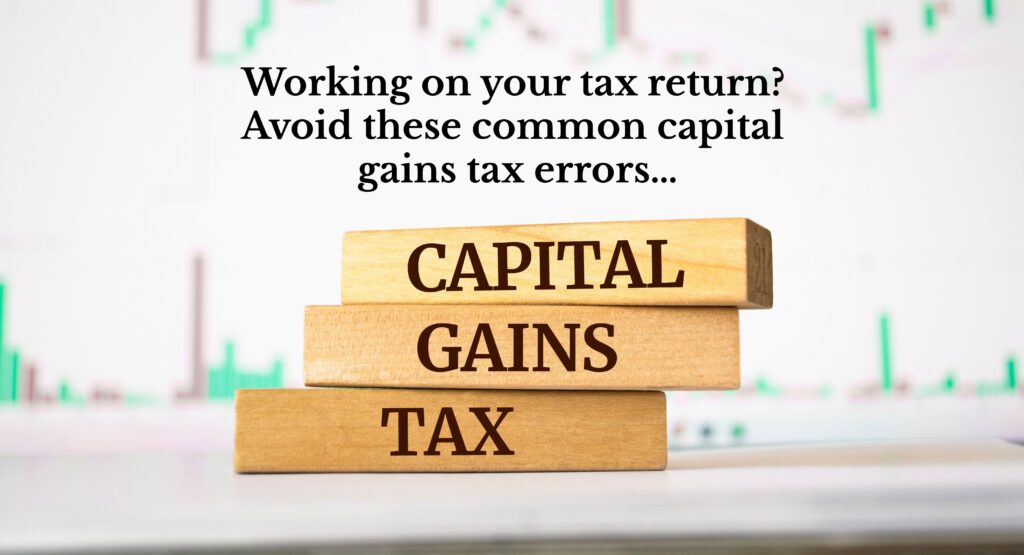


Responses